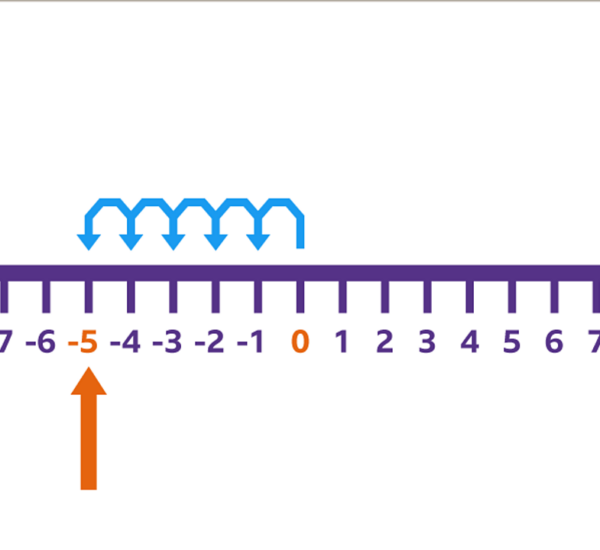Srinivasa Ramanujan was an Indian mathematician who made significant contributions to a number of fields, including number theory, analysis, and continued fractions. Ramanujan is best known for his work on the theory of numbers, which he developed without any formal training in mathematics.
Ramanujan was born in 1887 in Erode, India. He attended the University of Madras, where he studied mathematics. Ramanujan graduated from the university in 1909 with a Bachelor’s degree in mathematics.
Ramanujan made significant contributions to a number of fields, including number theory, analysis, and continued fractions. In 1913, he published his first paper, “On Certain Arithmetical Functions,” which introduced the concept of mock theta functions. Ramanujan also made important contributions to the field of number theory.
Ramanujan died in 1920 in Kumbakonam, India. In 1938, the London Mathematical Society awarded him the Sylvester Medal posthumously.




